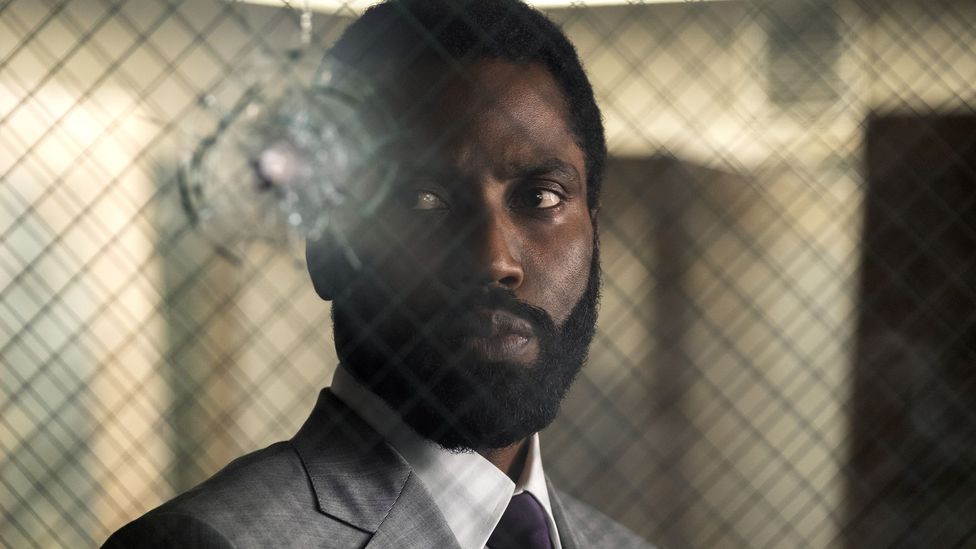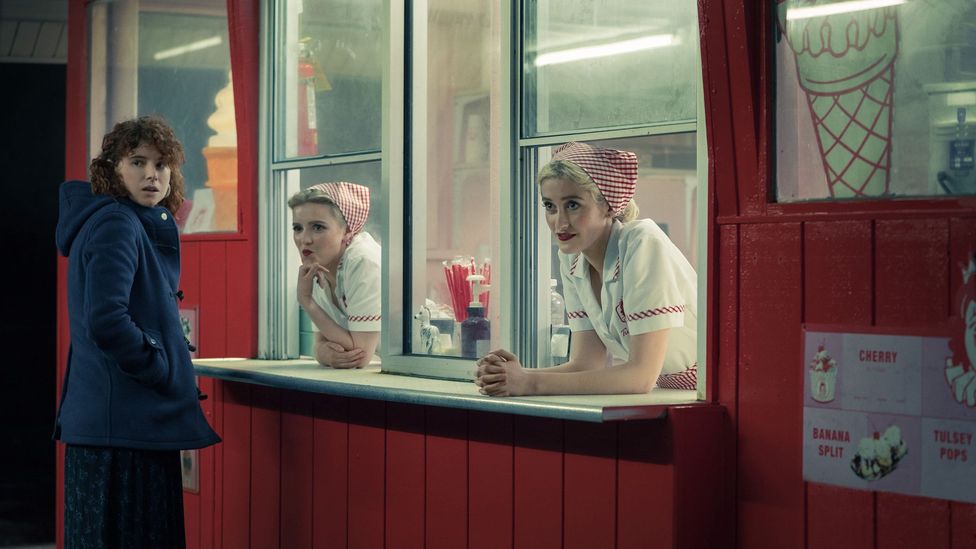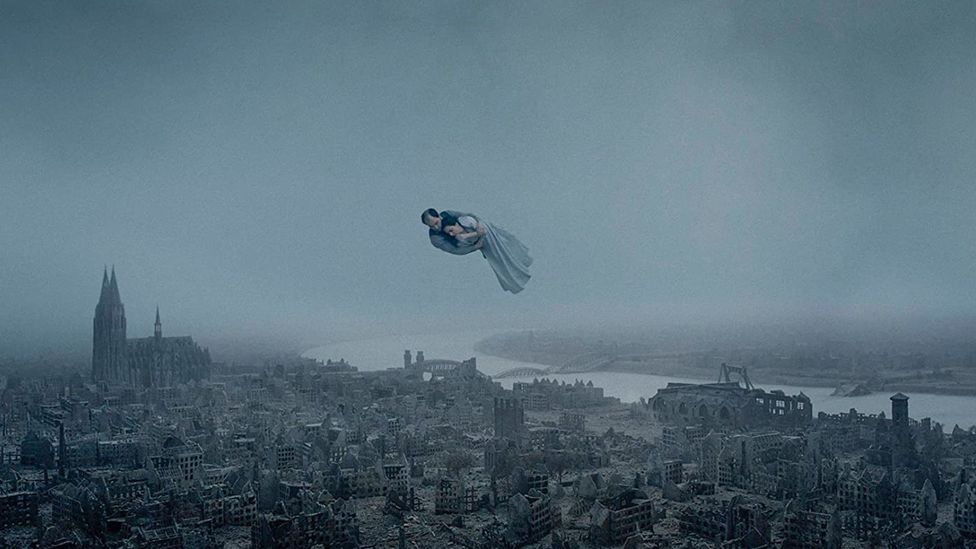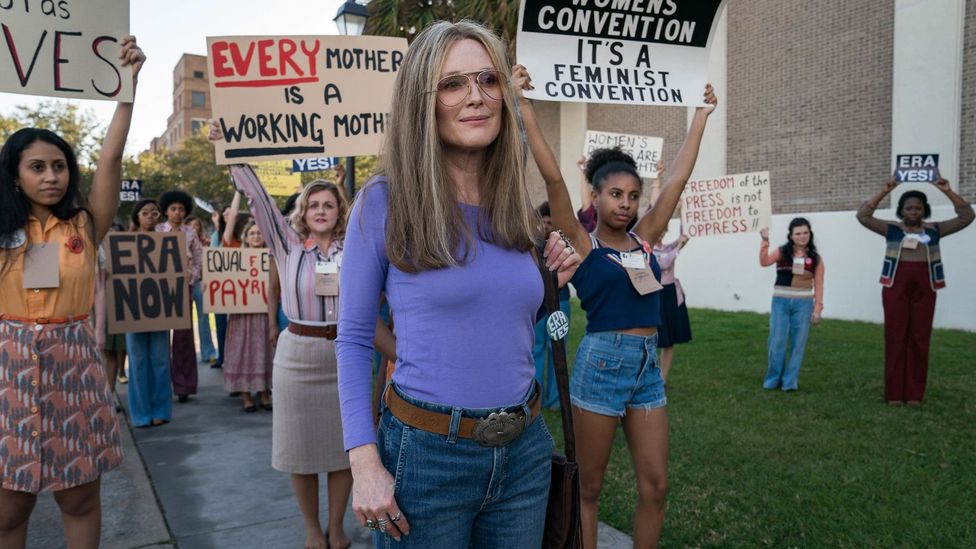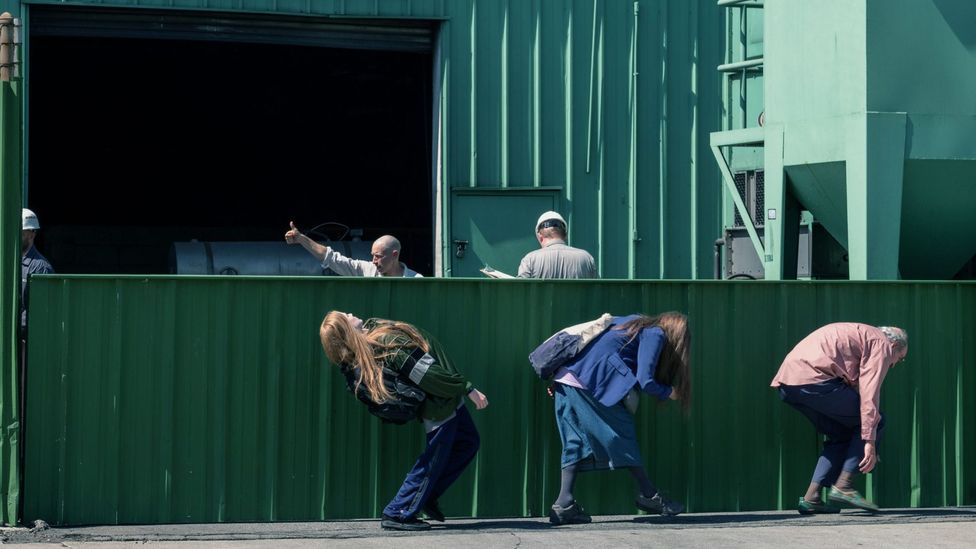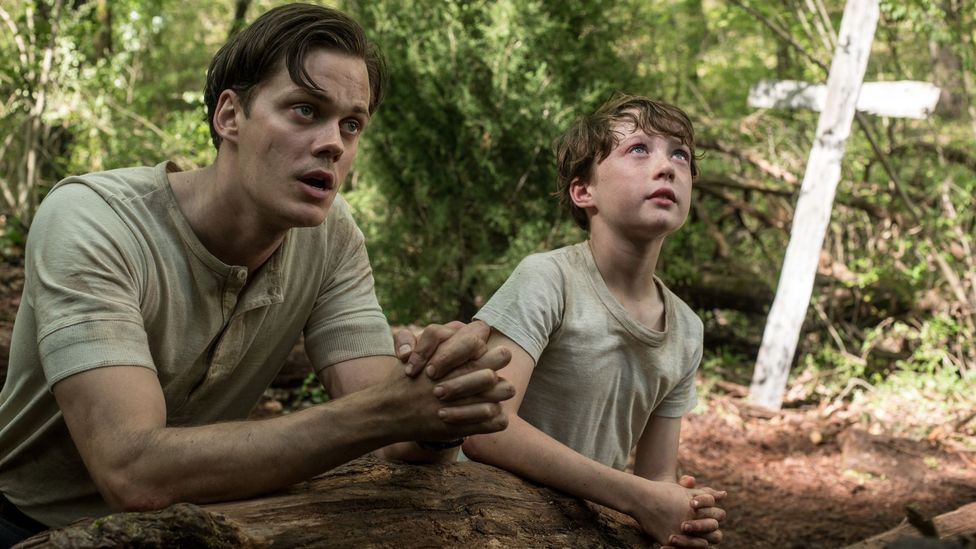Many groups don’t eat enough potassium or magnesium. Deficiencies of these minerals are rare, but not getting enough of them long-term can affect your health.
Magnesium
Half of 11-18 year old females and over a quarter of 11-18 year old males* eat below the recommended intake of magnesium. While deficiency is rare, and normally found in severely ill patients, alcoholics and those with malabsorption disorders, intake of this nutrient is fairly low in young age groups in the UK. It is available in many foods, including green leafy vegetables, nuts, rice, fish, meat and dairy.
Potassium
Potassium deficiency normally results from diarrhoea, but low dietary potassium intakes have been observed in the UK*, particularly among females, even though the recommended daily intake for women is often lower than for men. Potassium is found in many foods, and fruit (particularly bananas), vegetables such as broccoli and parsnips, fish, shellfish, beef, chicken, nuts, seeds and pulses are useful sources.
